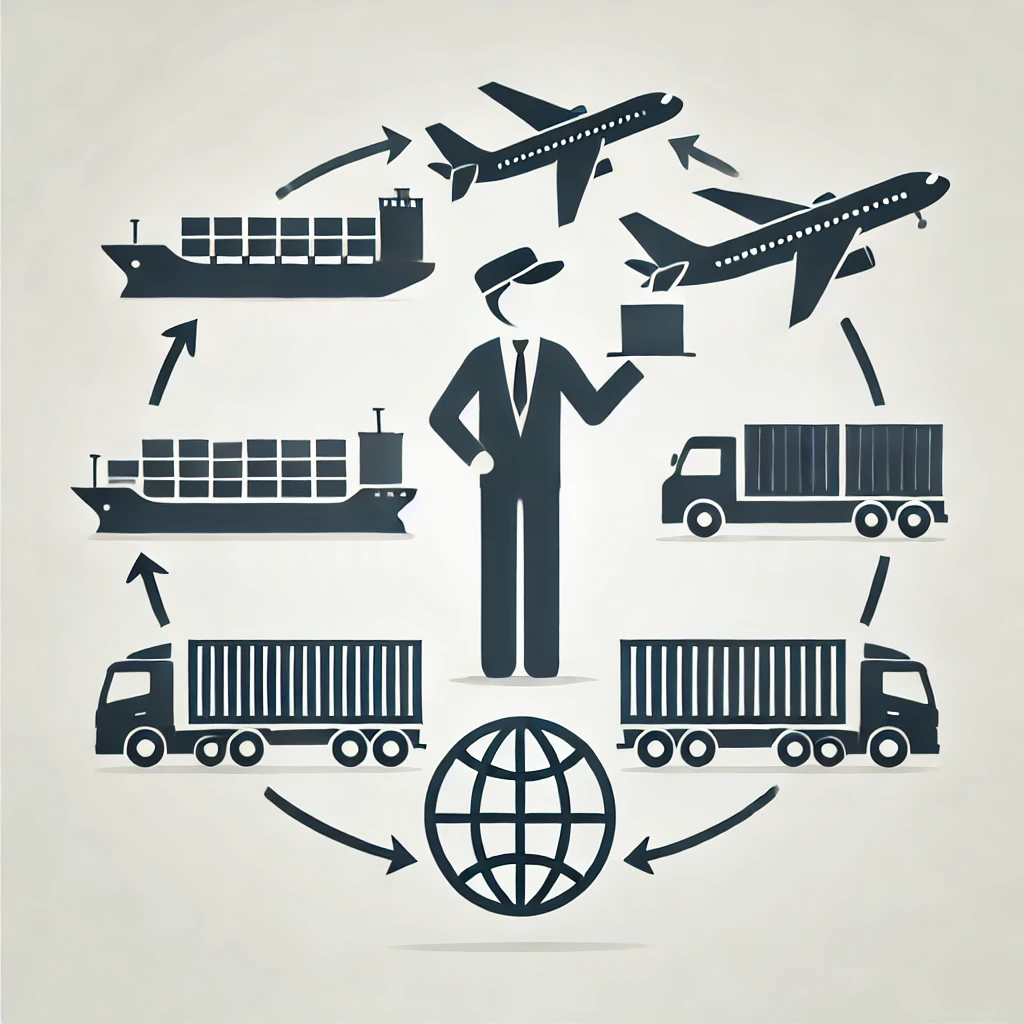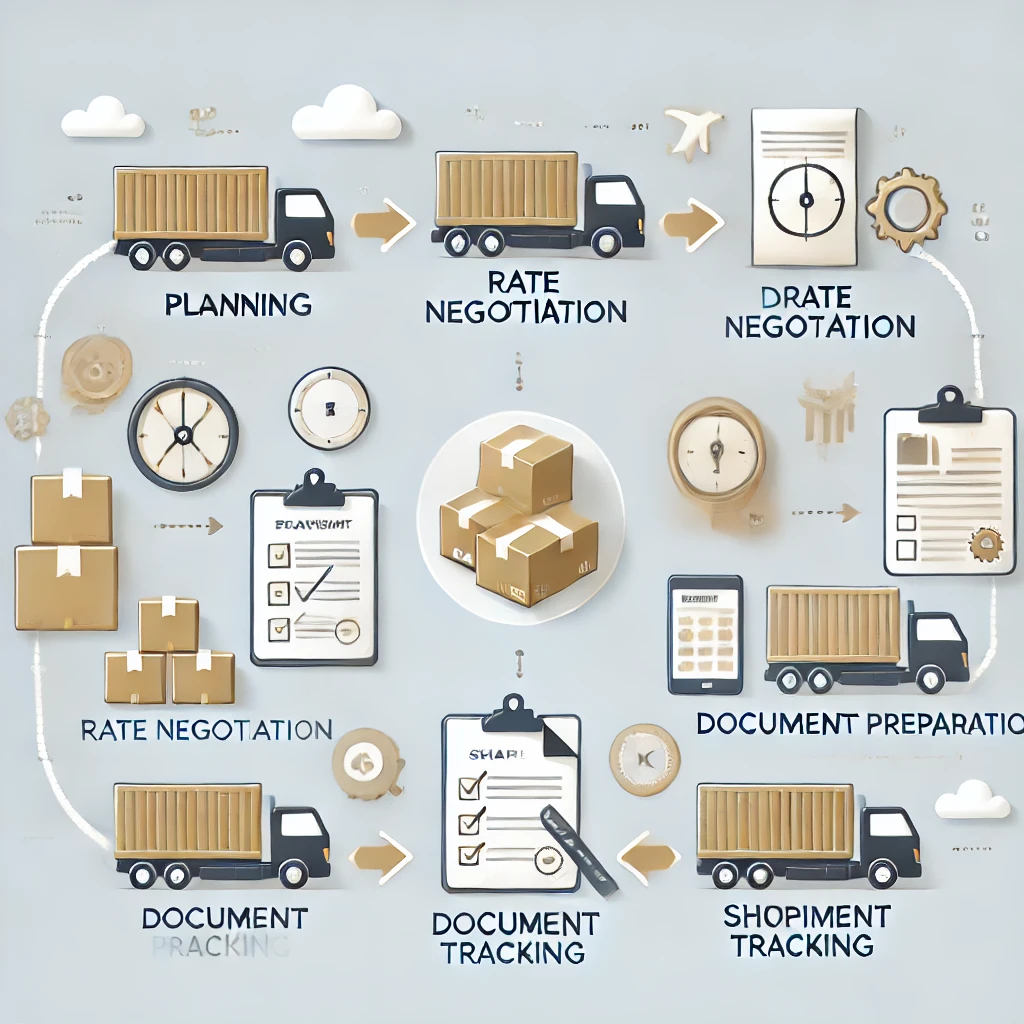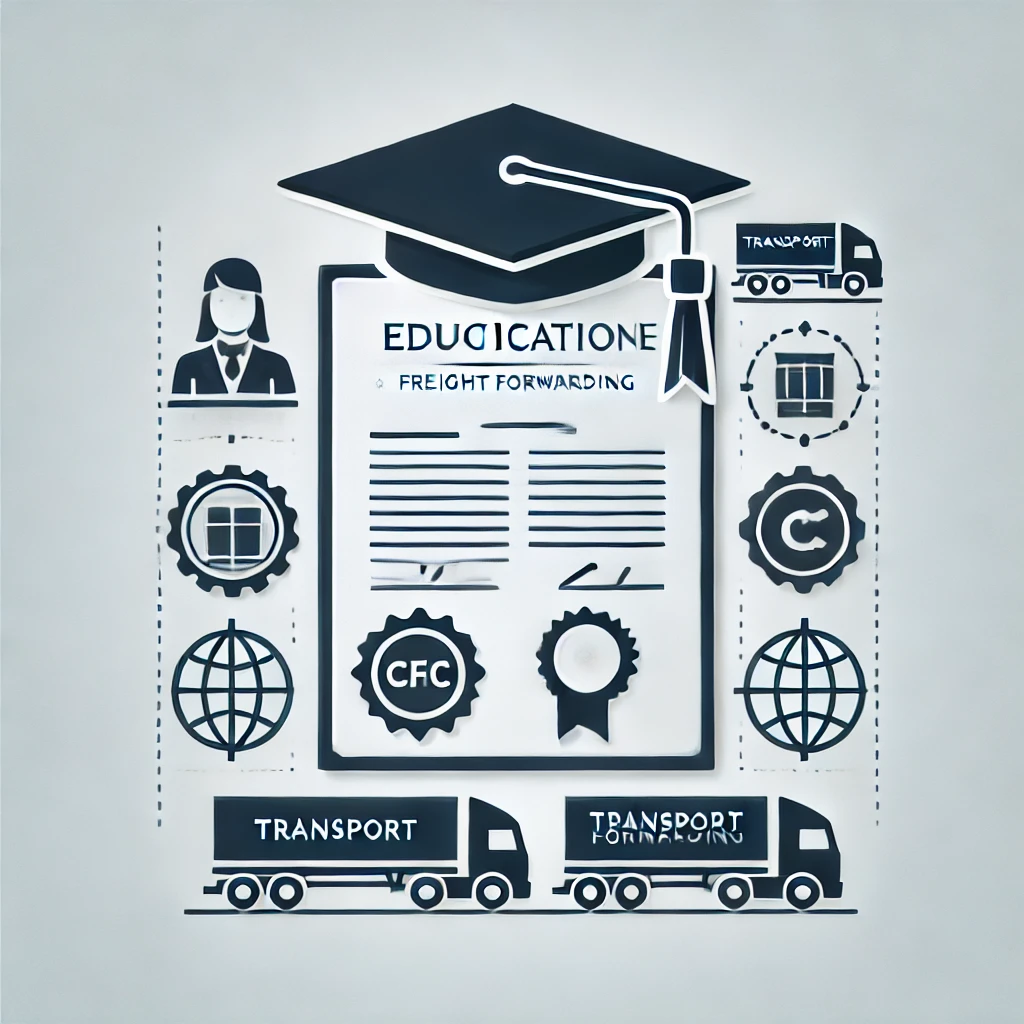How Do I Become a Freight Forwarder: A Comprehensive Guide to Starting Your Career in Logistics

Understanding the Role of a Freight Forwarder
Before diving into how to become a freight forwarder, it’s essential to understand what the job entails:
- Definition: A freight forwarder is a person or company that organizes shipments for individuals or corporations to get goods from the manufacturer or producer to a market, customer, or final point of distribution.
- Key Responsibilities:
- Arranging and coordinating shipping
- Negotiating freight charges
- Preparing shipping documents
- Tracking shipments
- Managing customs clearance
- Providing insurance services
- Types of Freight Forwarders:
- Ocean Freight Forwarders
- Air Freight Forwarders
- Road Freight Forwarders
- Rail Freight Forwarders
- Multimodal Freight Forwarders
Steps to Become a Freight Forwarder
1. Education and Training
While a specific degree isn’t always mandatory, having relevant education can be beneficial:
- Bachelor’s Degree: Consider majors in logistics, supply chain management, business administration, or international trade.
- Associate’s Degree: Programs in transportation or logistics can provide a solid foundation.
- Certifications: Look into industry-specific certifications like the Certified International Freight Forwarder (CIFF) or the IATA/FIATA Diploma in Freight Forwarding.
2. Gain Relevant Experience
Many employers prefer candidates with practical experience in the logistics industry:
- Start with entry-level positions in shipping companies or logistics departments
- Consider internships with freight forwarding firms
- Gain experience in customer service, as it’s a crucial aspect of the job
3. Obtain Necessary Licenses
Depending on your location and the services you’ll offer, you may need specific licenses:
- Ocean Freight Forwarder License: In the U.S., this is issued by the Federal Maritime Commission (FMC)
- NVOCC License: For Non-Vessel Operating Common Carriers
- Customs Broker License: If you plan to handle customs clearance
- FMC License: Required for international ocean freight forwarders in the U.S.
4. Develop Essential Skills
To succeed as a freight forwarder, you’ll need a combination of technical knowledge and soft skills:
- Strong communication skills
- Attention to detail
- Problem-solving abilities
- Time management
- Cultural awareness for international dealings
- Proficiency in logistics software and tools
5. Join Professional Associations
Membership in industry associations can provide networking opportunities, access to resources, and ongoing education:
- National Customs Brokers & Forwarders Association of America (NCBFAA)
- International Federation of Freight Forwarders Associations (FIATA)
- Local or regional freight forwarding associations
6. Consider Specialization
As you gain experience, you might choose to specialize in a particular area:
- Ocean Freight Forwarding
- Air Freight Forwarding
- Customs Brokerage
- Dangerous Goods Handling
- Project Cargo
7. Stay Informed About Industry Trends
The freight forwarding industry is constantly evolving. Stay updated on:
- Changes in international trade regulations
- Advancements in logistics technology
- Emerging markets and trade routes
- Sustainability practices in shipping

Starting Your Own Freight Forwarding Business
If you’re wondering how to start a freight forwarding business, here are additional steps to consider:
- Develop a Business Plan: Outline your services, target market, and financial projections.
- Register Your Business: Choose a business structure and register with relevant authorities.
- Obtain Necessary Licenses and Permits: Ensure compliance with local, state, and federal regulations.
- Secure Funding: Determine your startup costs and explore funding options.
- Build a Network: Establish relationships with carriers, agents, and potential clients.
- Invest in Technology: Implement freight forwarding software and other necessary tools.
- Market Your Services: Develop a marketing strategy to attract clients.
Freight Forwarder License Requirements
Understanding the licensing requirements is crucial when considering how to become a freight forwarder:
- Ocean Transportation Intermediary (OTI) License:
- Required for ocean freight forwarders in the U.S.
- Issued by the Federal Maritime Commission (FMC)
- Requires a $75,000 surety bond
- NVOCC License:
- For those acting as Non-Vessel Operating Common Carriers
- Also issued by the FMC
- Requires tariff filing and financial responsibility requirements
- Customs Broker License:
- Issued by U.S. Customs and Border Protection
- Requires passing a customs broker exam
- Air Cargo Agent Accreditation:
- Issued by the International Air Transport Association (IATA)
- Necessary for handling air freight
Freight Forwarder Training and Education
To enhance your skills and knowledge, consider:
- Formal Education: Degrees in logistics, supply chain management, or international business.
- Industry Certifications:
- Certified International Freight Forwarder (CIFF)
- IATA/FIATA Diploma in Freight Forwarding
- Certified Customs Specialist (CCS)
- Online Courses: Many platforms offer specialized courses in freight forwarding and logistics.
- On-the-Job Training: Many companies provide training programs for new hires.
- Workshops and Seminars: Attend industry events to stay updated on best practices and regulations.
Career Opportunities in Freight Forwarding
As you progress in your career as a freight forwarder, various opportunities may arise:
- Freight Forwarding Agent: Work independently or for a company to manage shipments.
- Logistics Coordinator: Oversee the entire logistics process for a company.
- Customs Broker: Specialize in customs clearance and documentation.
- Supply Chain Manager: Manage the entire supply chain for an organization.
- International Trade Consultant: Advise businesses on global trade strategies.
Challenges and Rewards of Being a Freight Forwarder
Understanding the pros and cons can help you decide if this career is right for you:
Challenges:
- Complex regulations and documentation requirements
- High-pressure environment with tight deadlines
- Need for constant adaptation to changing technologies and trade policies
- Responsibility for valuable and sometimes sensitive cargo
Rewards:
- Dynamic and fast-paced work environment
- Opportunity to work with diverse cultures and international clients
- Potential for high earnings, especially for successful independent forwarders
- Crucial role in global trade and commerce
The Future of Freight Forwarding
As you embark on your journey to become a freight forwarder, consider these industry trends:
- Digitalization: Increasing use of digital platforms and automation in logistics.
- Sustainability: Growing focus on eco-friendly shipping practices.
- E-commerce Growth: Rising demand for efficient, cross-border shipping solutions.
- Blockchain Technology: Potential for improved transparency and security in shipping transactions.
- Artificial Intelligence: Use of AI for route optimization and predictive analytics.

Conclusion: Launching Your Career as a Freight Forwarder
Becoming a freight forwarder offers a challenging yet rewarding career path in the dynamic world of international trade and logistics. By following this comprehensive guide on how to become a freight forwarder, you’ll be well-prepared to enter this exciting field.
Remember, success as a freight forwarder requires a combination of education, experience, and continuous learning. Whether you choose to work for an established company or start your own freight forwarding business, the opportunities in this industry are vast and growing.
As you start your journey, focus on building a strong foundation of knowledge, obtaining necessary licenses and certifications, and developing a network within the industry. With dedication and hard work, you can build a successful career as a freight forwarder, playing a crucial role in the global supply chain.
